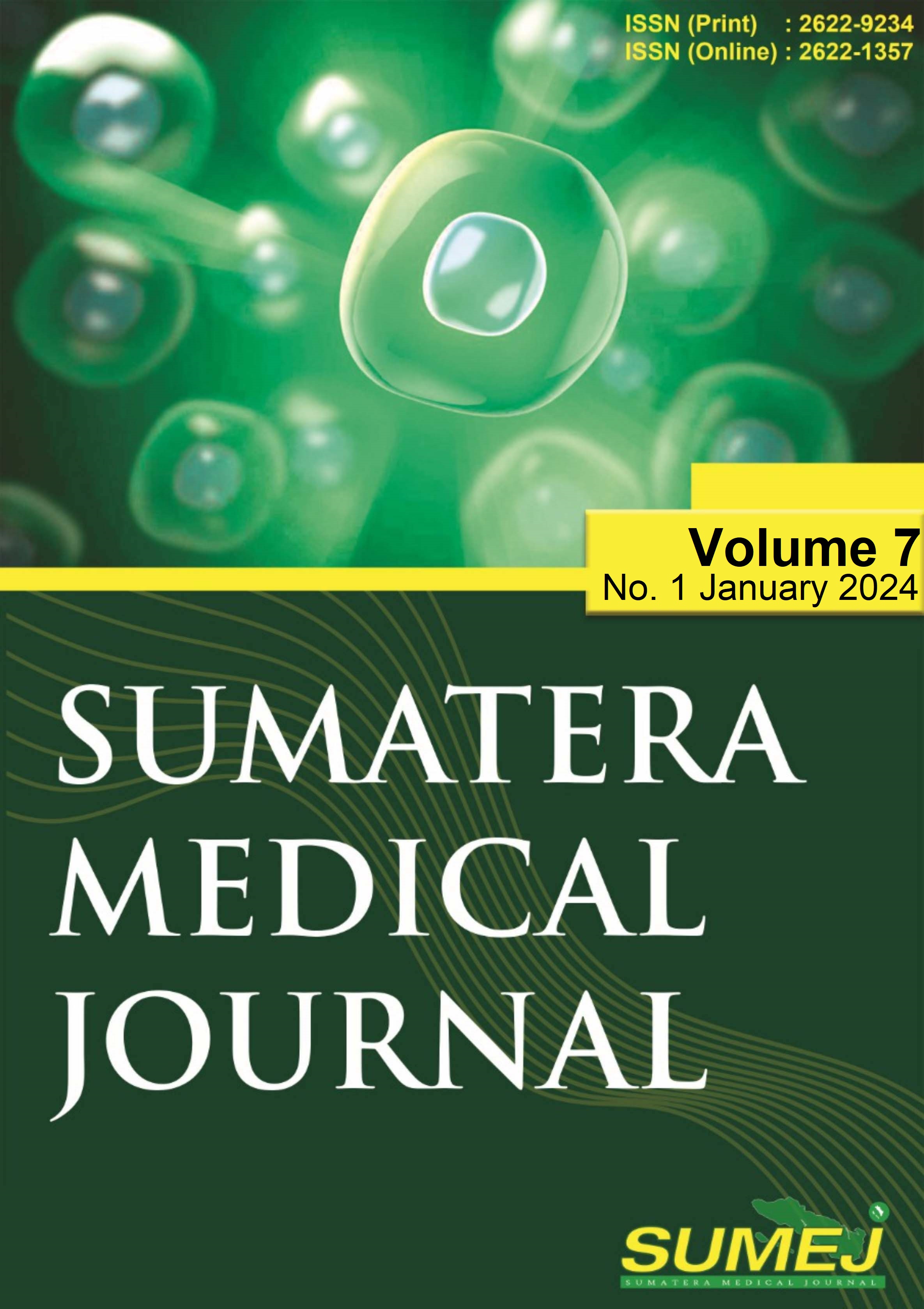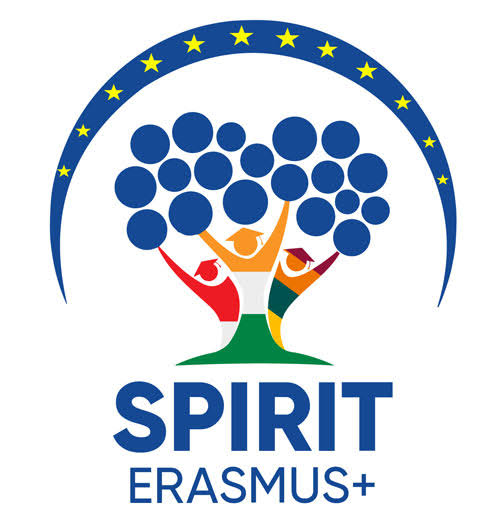A Study on Impact of Covid-19 on the Nutrition and Exercise Regime of Lifestyle Disorder Patients (Non-Communicable Disease)
DOI:
https://doi.org/10.32734/sumej.v7i1.14616Keywords:
covid-19, diet, exercise, fitness, health, nutritionAbstract
Background: The COVID-19 pandemic has significantly altered people's eating and activity habits all around the world. Lockdowns and social isolation policies have altered daily routines, changed people's levels of physical activity, and changed how they eat. Objective: The goal of this study is to fill in the knowledge gaps regarding the effects of COVID-19 on people who have lifestyle disorders by studying the variations in exercise routines and the necessary nutrition intake during and after the lockdown. Methods: In order to gather information from people with NCDs, the study used a mixed-methods approach that combines a questionnaire survey and focused discussion. Results: The study offers insights into how people with lifestyle disorders alter their exercise regimens, exercise style, and adherence to nutritional diets. The findings show that the pandemic has driven people to change their workout routines, moving away from gyms and outside activities toward alternate at-home techniques. Conclusion: The study also emphasizes the difficulties people encountered in sticking to rigorous nutritional diets during the epidemic because of the restricted availability of fresh and nourishing foods. It further highlights the significance of consistent exercise and mindful eating for those with lifestyle disorders, particularly during times of crisis.
Downloads
References
Carson V, Chaput JP, Janssen I, Tremblay MS. Health associations with meeting new 24-hour movement guidelines for Canadian children and youth. Prev Med. 2017;95:7–13.
Lasselin J, Alvarez-Salas E, Grigoleit JS. Well-being and immune response: a multi- system perspective. Curr Opin Pharmacol. 2016;29:34–41.
Tremblay MS, Carson V, Chaput JP, et al. Canadian 24-hour movement guidelines for children and youth: an integration of physical activity, sedentary behaviour, and sleep. Appl Physiol Nutr Metab. 2016;41(6):311–27.
Ammar, A., Brach, M., Trabelsi, K., Chtourou, H., Boukhris, O., Masmoudi, L., Bouaziz, B., Bentlage, E., How, D., Ahmed, M., Müller, P., Müller, N., Hammouda, O., Paineiras-Domingos, L. L., Braakman-Jansen, A., Wrede, C., Bastoni, S., Pernambuco, C. S., ... On Behalf of the ECLB-COVID19 Consortium. (2020). Effects of COVID-19 Home Confinement on Eating Behaviour and Physical Activity: Results of the ECLB-COVID19 International Online Survey. Nutrients, 12(6), 1583. https://doi.org/10.3390/nu12061583.
World Health Organization. WHO guidelines on physical activity, sedentary behaviour and sleep for children under 5 years of age. 2019. Accessed on April 21, 2019.
Herrington S, Brussoni M. Beyond physical activity: the importance of play and nature- based play spaces for children's health and development. Curr Obes Rep. 2015;4(4):477–83.
Heymann DL, Shindo N. COVID-19: what is next for public health. Lancet. 2020;395(10224):542–5.
Hiremath P, Suhas Kowshik CS, Manjunath M, Shettar M. COVID-19: impact of lockdown on mental health and tips to overcome. Asian J Psychiatr. 2020;51:102088.
Ball K, and Lee C. Relationships between psychological stress, coping, and disordered eating: a review. Psychol. Health. 2000;14:1007–35. doi: 10.1080/08870440008407364.
Brooks SK, Webster RK, Smith LE, Woodland L, Wessely S, Greenberg N, et al. The psychological impact of quarantine and how to reduce it: rapid review of the evidence. Lancet. 2020;395:912–20. doi: 10.1016/S0140-6736(20)30460-8.
Cerin E, Leslie E, Sugiyama T, and Owen N. Associations of multiple physical activity domains with mental well-being. Ment. Health Phys. 2009;2:55–64. doi: 10.1016/j.mhpa.2009.09.004.
Di Renzo L, Gualtieri P, Pivari F, Soldati L, Attinà A, Cinelli G, et al. Eating habits and lifestyle changes during COVID-19 lockdown: an Italian Survey. J. Transl. Med. 2020;18:229. doi: 10.1186/s12967-020-02399-5.
Greeno C, and Wing R. Stress-induced eating. Psychol. Bull. 1994;115:444–64. doi: 10.1037/0033-2909.115.3.444.
López-Bueno R, Calatayud J, Casaña J, Casajús JA, Smith L, Tully MA, et al. COVID-19 Confinement and health risk behaviors in Spain. Front. Psychol. 2020;11:1426. doi: 10.3389/fpsyg.2020.01426.
Downloads
Published
How to Cite
Issue
Section
License
Copyright (c) 2024 Sumatera Medical Journal

This work is licensed under a Creative Commons Attribution-ShareAlike 4.0 International License.
The Authors submitting a manuscript do so on the understanding that if accepted for publication, copyright of the article shall be assigned to Sumatera Medical Journal (SUMEJ) and Faculty of Medicine as well as TALENTA Publisher Universitas Sumatera Utara as publisher of the journal.
Copyright encompasses exclusive rights to reproduce and deliver the article in all form and media. The reproduction of any part of this journal, its storage in databases and its transmission by any form or media, will be allowed only with a written permission from Sumatera Medical Journal (SUMEJ).
The Copyright Transfer Form can be downloaded here.
The copyright form should be signed originally and sent to the Editorial Office in the form of original mail or scanned document.











